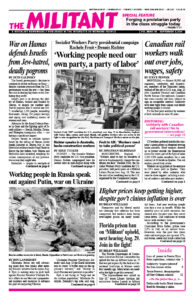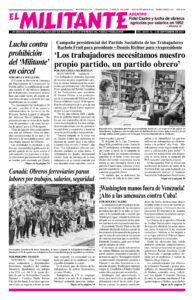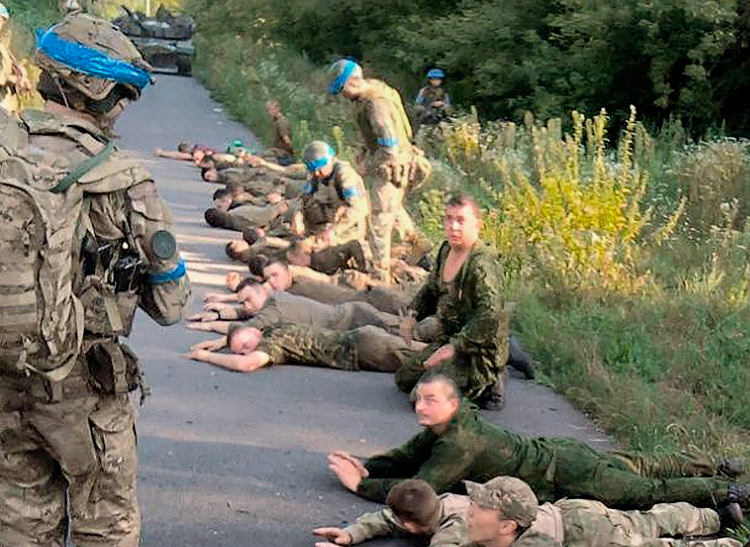Ukrainian forces are still advancing more than two weeks after entering Russia’s western Kursk region Aug. 6. Kyiv is seeking ways to push back against Russian President Vladimir Putin’s efforts to use Moscow’s preponderant numbers and resources to advance his goal of conquering Ukraine.
Ukrainian President Volodymyr Zelensky said Aug. 18 the Kursk incursion was to create “a buffer zone on the aggressor’s territory,” and “destroy as much Russian war potential as possible.”
Kyiv is not trying to “wage war on the civilian population,” Mykhailo Podolyak, Zelensky’s top aide, said Aug. 15. In stark contrast, Moscow has been bombarding residential areas across Ukraine for the past two and a half years, with devastating consequences for the Ukrainian people.
The rout of Moscow’s forces in parts of Kursk has left the Ukrainian government controlling over 400 square miles of Russian territory. Despite shifting troops to Kursk, Moscow has so far been unable to reverse the incursion.
Kyiv’s forces have occupied the town of Sudzha, disrupting Russian military supply lines. At the same time, Moscow’s forces occupying eastern Ukraine have intensified their assaults and are threatening to capture the town of Pokrovsk.
Putin’s war not popular
Over 200,000 people have fled from the Kursk region and the neighboring Belgorod region, with many residents abandoned to fend for themselves by Russian authorities. The high command claimed “the situation is under control,” but “local residents [were] left to die,” a Kursk resident said in a video posted online two days into the fighting.
Comments by other residents reflect opposition among working people to Putin’s war. Not one of the local authorities “so much as lifted a finger to protect or evacuate the population,” a resident of Sudzha told media outlet Holod. But they “were among the first to leave.”
Many people found Putin’s war and lies “deeply repulsive from the start,” she said.
Kyiv plans to create evacuation corridors from the Kursk region and to open access to international aid missions from Ukraine’s northern region of Sumy.
“The citizens abandoned by Russia are mostly elderly people, people with disabilities, and families with children. They need food, water and medicine,” Ukraine’s interior minister, Ihor Klymenko, said Aug. 16.
Over 2,000 Russian soldiers, mainly newer conscripts, are now prisoners of war. Relatives are pressing Putin to negotiate their swift return.
The capture of conscripts has exposed Putin’s lies about the conduct of the war. He had promised that draftees as young as 18, who are required to serve in the military, wouldn’t be sent into the war zone with Ukraine. Now online petitions have appeared, one with nearly 10,000 signatures, asking for the return of the conscripts from the Kursk front.
The families of conscripts have often been the lightning rod for the emergence of anti-war movements, as during the Soviet Union’s invasion of Afghanistan in the 1980s and Russia’s war in Chechnya in the 1990s.
“People are horrified. We are overwhelmed with requests,” Ivan Chuvilayev from Go by the Forest, a Russian group helping young men to avoid the draft, told the Financial Times.
“Kremlin propaganda tries to portray that everybody in Russia supported Putin and his war on Ukraine. It is a lie,” Vladimir Kara-Murza, a Russian opposition leader freed in a recent prisoner exchange, told Time magazine Aug. 14.
There are “millions of people in Russia who reject Putin’s dictatorship, who are against his aggression in Ukraine,” he said. These are the people “who are the future of our country.”


